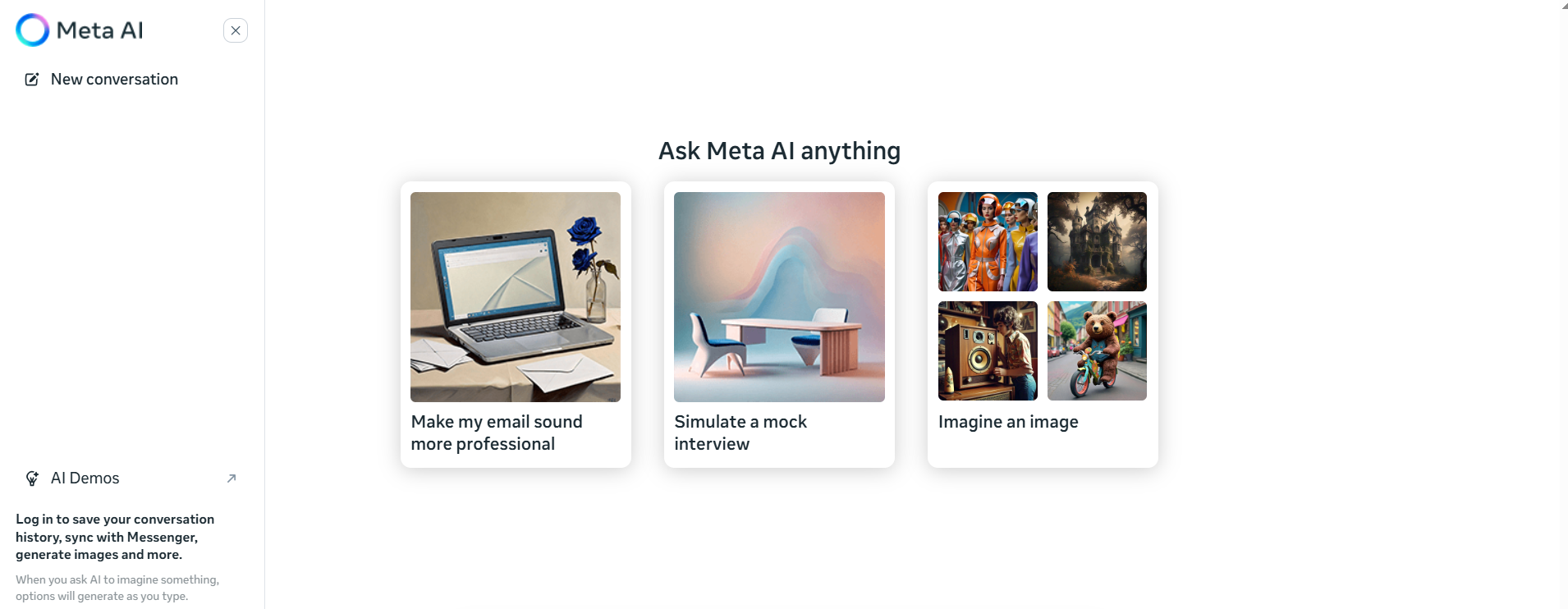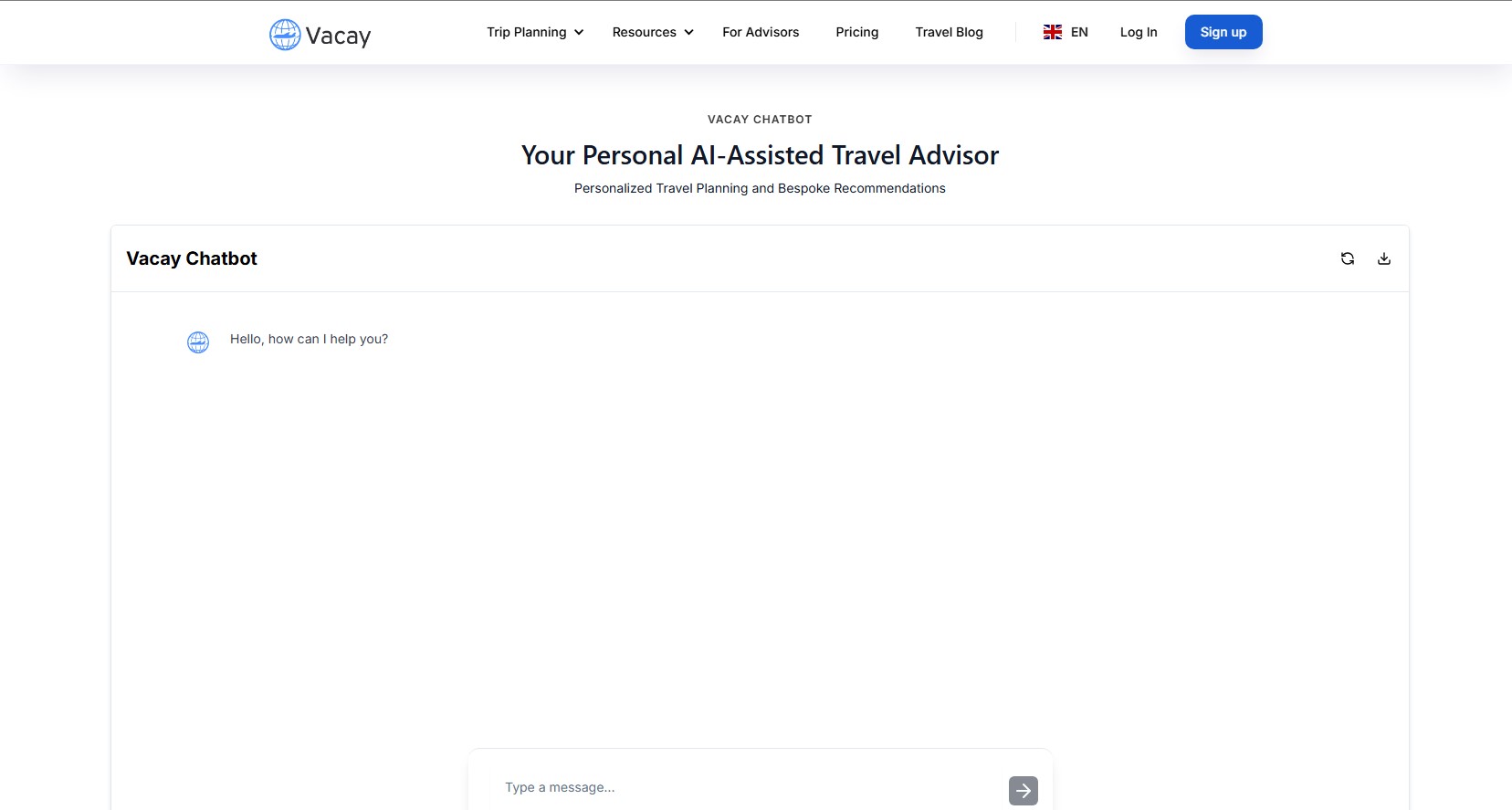Meta AI: Pioneering the Future of Artificial Intelligence
Meta AI, formerly known as Facebook Artificial Intelligence Research (FAIR), is the research division of Meta Platforms (formerly Facebook) dedicated to advancing artificial intelligence (AI) and augmented reality (AR) technologies. Established as an academic research laboratory, Meta AI focuses on generating knowledge for the broader AI community, distinguishing itself from Meta’s Applied Machine Learning (AML) team, which concentrates on practical product applications.
In this article, we’ll explore the history, achievements, and impact of Meta AI, highlighting its contributions to the AI landscape and its vision for the future.
The History of Meta AI
Meta AI was founded in September 2013 as Facebook Artificial Intelligence Research (FAIR). Under the leadership of Yann LeCun, a renowned deep learning professor and Turing Award winner, FAIR set out to explore the fundamental principles of intelligence and develop technologies to make machines significantly more intelligent.
Key Milestones:
- 2013: FAIR is established with research centers in Menlo Park, California, and London, United Kingdom.
- 2014: Vladimir Vapnik, co-inventor of the support-vector machine and a pioneer in statistical learning, joins FAIR.
- 2015: FAIR opens a research center in Paris, France, and later expands to Seattle, Pittsburgh, Tel Aviv, Montreal, and London.
- 2016: FAIR partners with Google, Amazon, IBM, and Microsoft to form the Partnership on Artificial Intelligence to Benefit People and Society, promoting ethical and open AI research.
Research Focus and Achievements
Meta AI’s research spans a wide range of AI disciplines, including machine learning, computer vision, natural language processing (NLP), and augmented reality. Some of its most notable achievements include:
1. Computer Vision and Image Recognition
Meta AI pioneered technologies that power facial recognition, photo tagging, and personalized feed recommendations. These innovations have transformed how users interact with social media platforms.
2. Natural Language Processing (NLP)
Meta AI has made significant strides in NLP, developing models that improve language understanding, translation, and conversational AI. These advancements have enhanced communication tools across Meta’s platforms.
3. Augmented Reality (AR)
As part of Meta’s vision for the metaverse, Meta AI is at the forefront of AR research, creating immersive experiences that blend the physical and digital worlds.
4. Open Research and Collaboration
Meta AI is committed to open research, sharing its findings with the global AI community. This collaborative approach has accelerated innovation and fostered ethical AI practices.
Meta AI’s Impact on the AI Community
Meta AI’s contributions extend beyond its technological advancements. By prioritizing open research and ethical AI, Meta AI has set a standard for responsible innovation in the field. Its partnerships with leading tech companies and academic institutions have further solidified its role as a leader in AI research.
The Future of Meta AI
As Meta continues to invest in the metaverse, Meta AI will play a crucial role in shaping the future of AI and AR technologies. From enhancing virtual interactions to developing intelligent systems, Meta AI is poised to drive the next wave of innovation.
Final Thoughts
Meta AI is more than just a research division—it’s a driving force behind the evolution of artificial intelligence. With its groundbreaking research, commitment to open collaboration, and vision for the future, Meta AI is shaping the way we interact with technology and each other.










